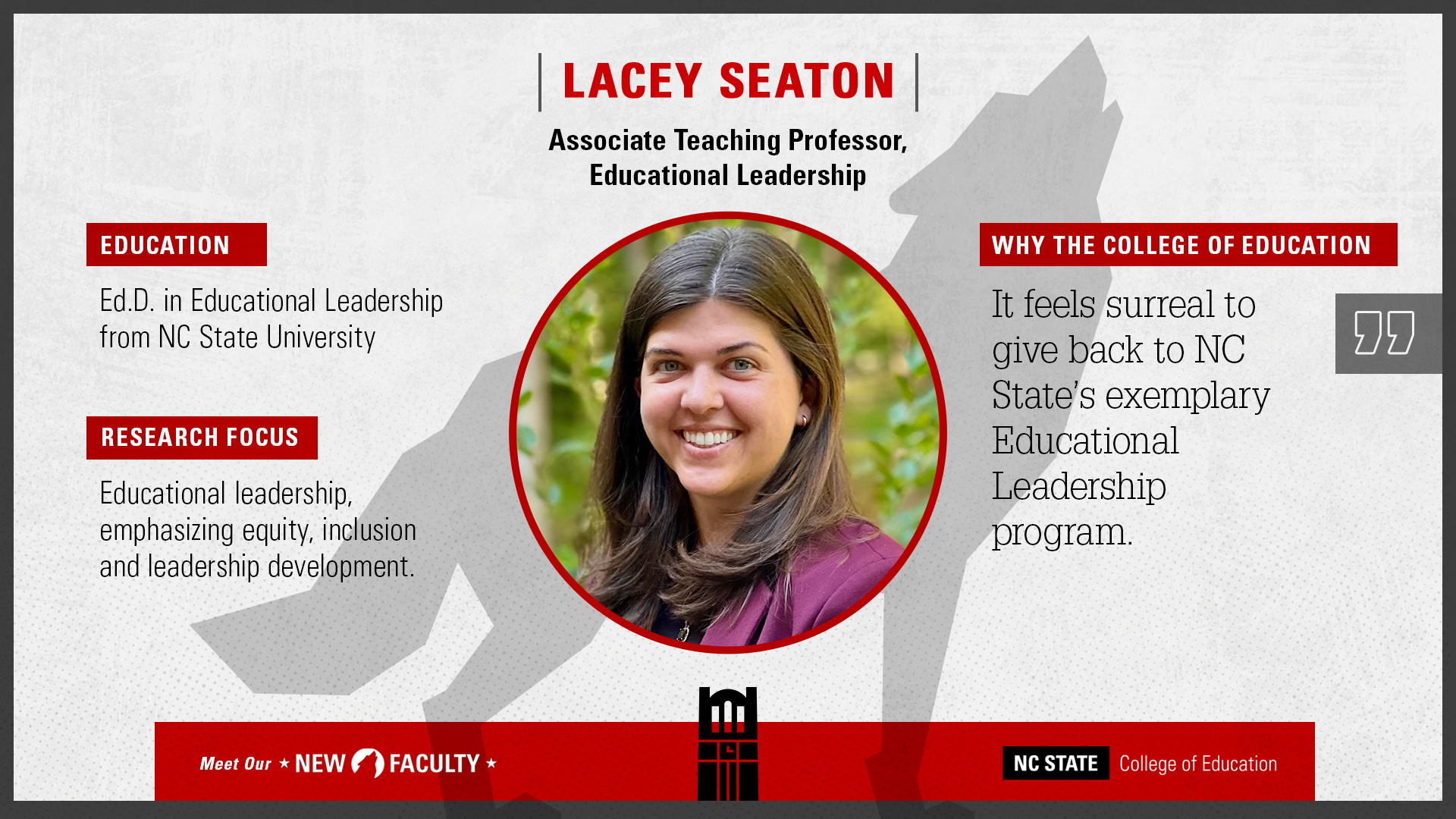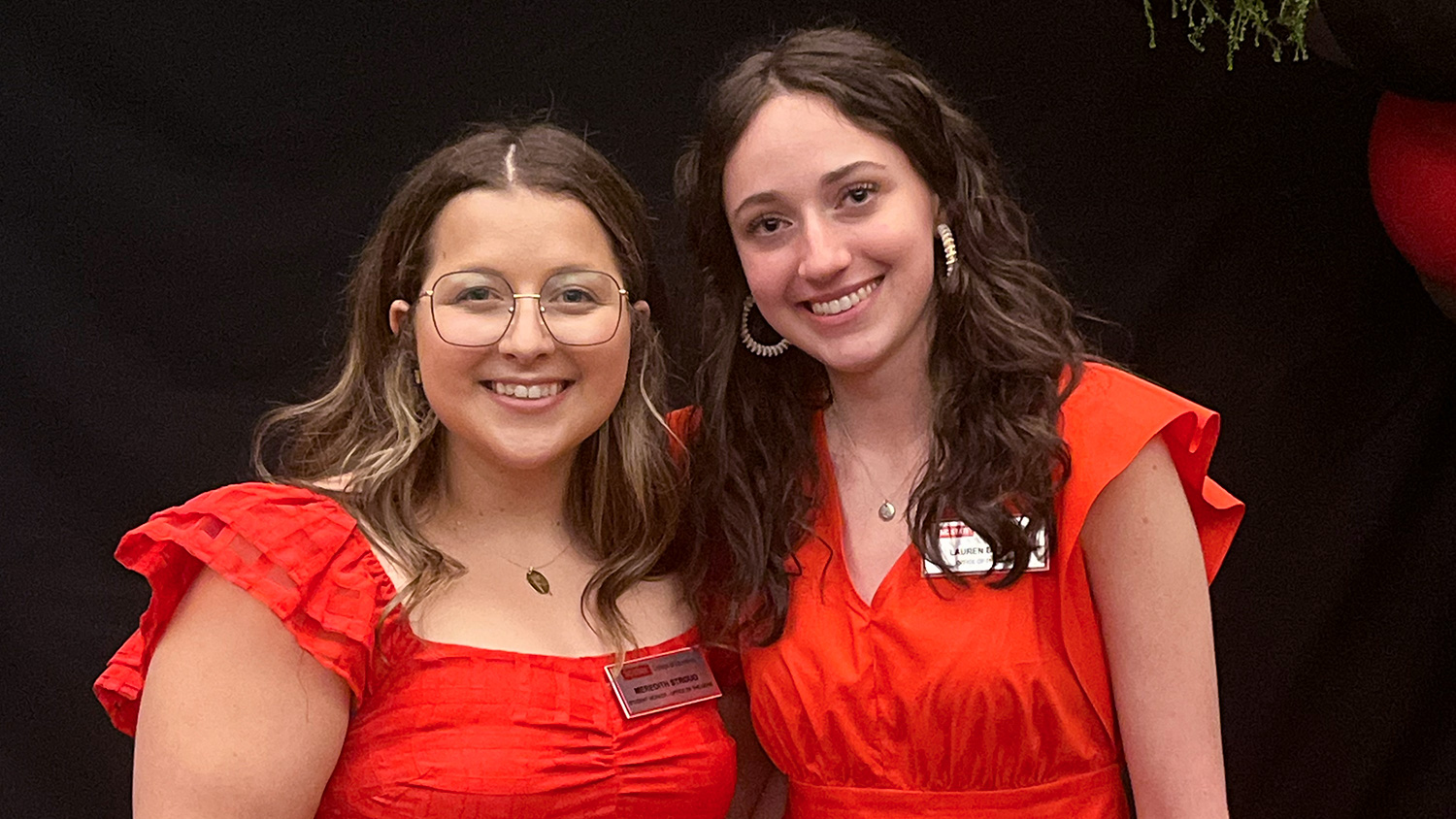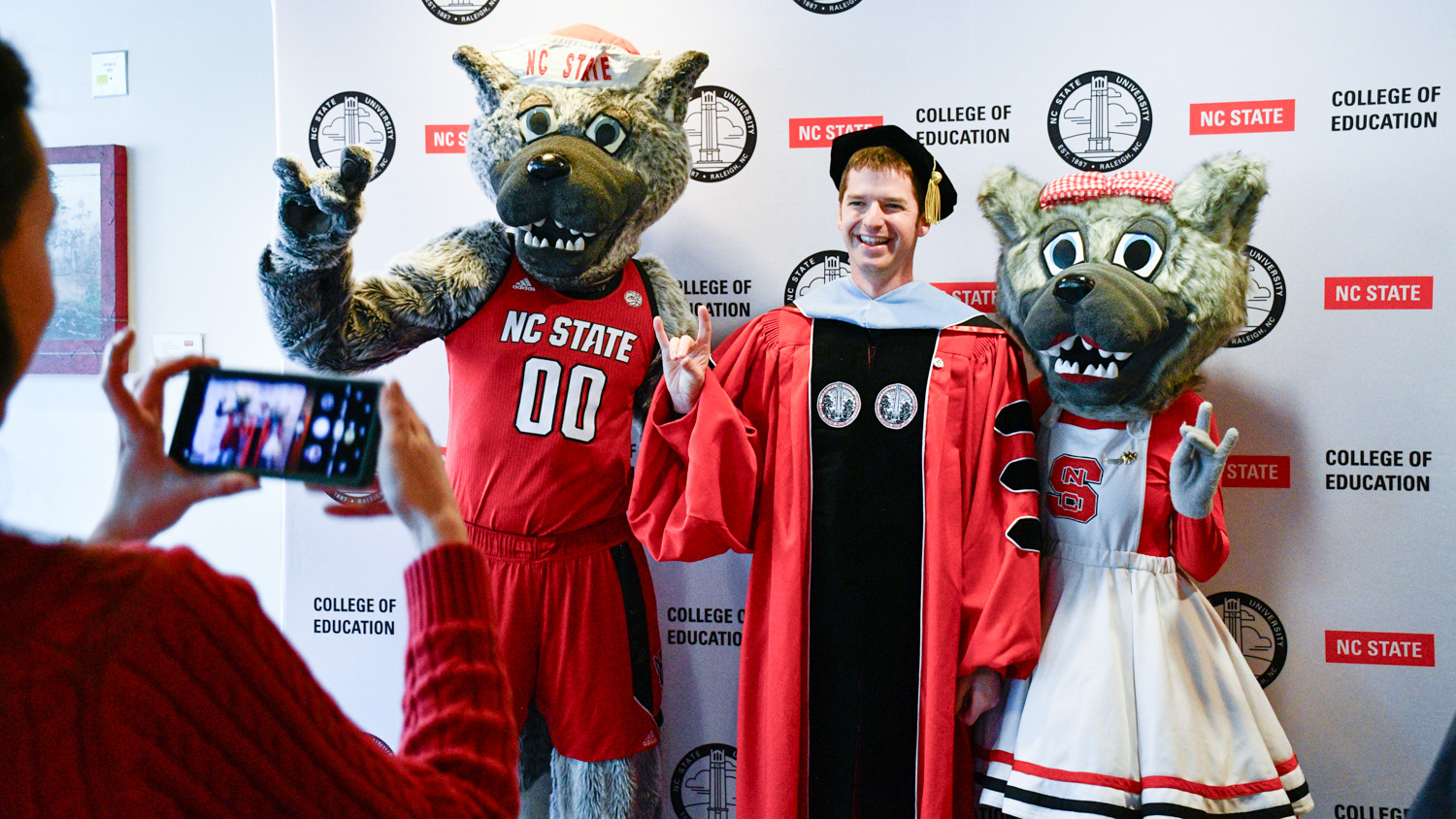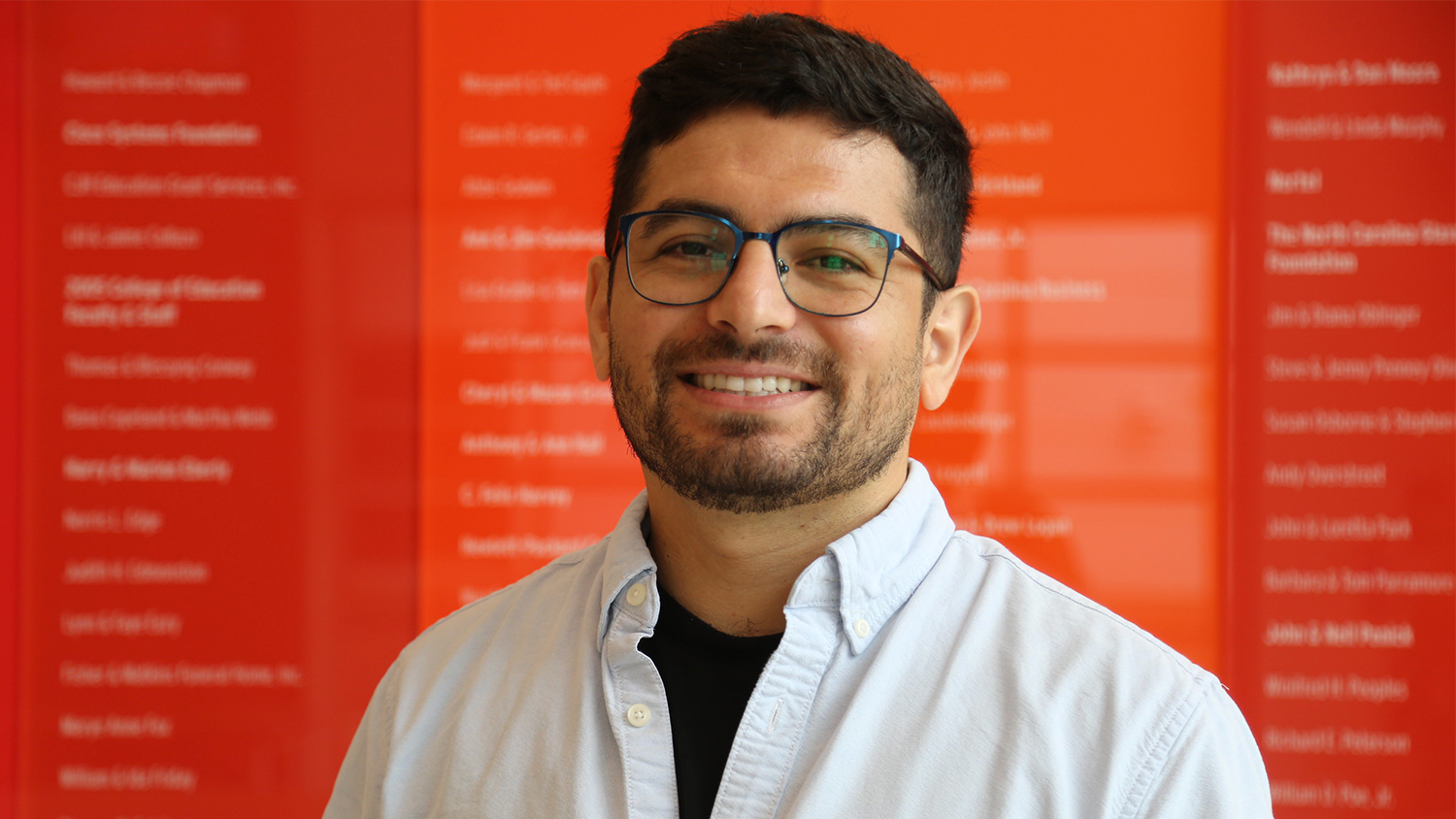Lacey Seaton ’17MSA, ’21EDD: ‘I Was Inspired By the Belief That Every Student Deserves the Opportunity to Thrive in a Supportive Environment’

Lacey Seaton ’17MSA, ’21EDD, a two-time alum of the NC State College of Education, will return to the college during the 2024-2025 academic year as an associate teaching professor of educational leadership.
Previously, she served as an assistant professor of educational leadership and the faculty director for the Quality Enhancement Plan (QEP) for Virginia Commonwealth University (VCU), where she coordinated multiple educational leadership programs.
Her studies focus on educational leadership, with an emphasis on equity, inclusion and leadership development. She has also worked on a comprehensive review of research an principal internships and contributions to discussions on school administration and classroom management.
Learn more about Seaton below.
The following Q&A has been edited for length and clarity.
Why did you choose a career in education?
I began my career in education because I felt a deep passion for advocating for inclusive practices that ensure all students, particularly those with exceptional needs, have equitable access to learning. I was inspired by the belief that every student deserves the opportunity to thrive in a supportive environment. This passion sparked my commitment not just to teaching, but also to championing the needs of students who are often underserved, driven by my conviction in the transformative power of education.
What inspired you to pursue a doctoral degree?
Completing my Doctor of Education in Educational Administration at NC State was a natural extension of the profound impact the Master of School Administration program had on my development as a leader. The MSA program laid a strong foundation for my understanding of educational leadership, and I knew that continuing with the Ed.D. would allow me to deepen my knowledge and refine my skills even further. The Ed.D. program not only built on what I learned during my MSA but also empowered me to take my leadership to the next level.
What sparked your interest in your area of study?
I believe in the importance of creating equitable educational environments where all students can succeed. My passion for advocating for inclusive practices drives me to explore how leadership can influence positive change in schools. I want to ensure that every student has the opportunity to thrive, and I see research as a powerful tool to develop strategies and solutions that support the diverse needs of learners.
What is one moment or project in your academic career that you are particularly proud of?
One moment in my academic career that fills me with awe and deep appreciation is being nominated for the Virginia Commonwealth University’s School of Education’s Outstanding Junior Faculty Award in 2024. This nomination was not just an accolade, but included powerful affirmations of my commitment to excellence and my passion for creating a supportive and inclusive learning environment. The nomination represents the culmination of hard work, dedication and a genuine love for teaching. To be recognized in this way was both humbling and inspiring, and it reinforced my drive to continue making a meaningful impact on my students’ lives and in the field of education.
What is your teaching philosophy?
In my teaching philosophy, cultivating strong relationships with students is paramount. Each class begins with a community-building activity designed to foster trust and inclusivity, laying the groundwork for effective collaboration and leadership development. Recognizing and valuing students’ diverse identities and cultural backgrounds is essential for creating a supportive and equitable learning environment. I prioritize accessibility, particularly in virtual settings, and am responsive to student feedback, making real-time adjustments to enhance the learning experience. My dedication to continuous improvement through collaboration and professional development ensures that I provide meaningful support and maintain an engaging, inclusive educational experience.
What do you hope your students will learn from you?
I hope students will learn to create inclusive environments in K-12 schools by actively applying the principles and strategies we discuss in class. My goal is for them to not only understand theoretical concepts but also to implement practical changes that enhance the educational experience for all students. Through application and actionable leadership, I aim to empower them to enact meaningful reforms that address diverse needs and foster an inclusive, supportive atmosphere in their schools.
What do you believe makes an extraordinary educator?
An extraordinary educator is one who prioritizes equity and inclusion, creating an environment where every student feels valued and supported. They engage students by meeting their diverse needs while maintaining a rigorous academic standard. Adaptability is key, as they continuously adjust their methods to ensure that all students can thrive. By balancing high expectations with a deep commitment to inclusivity and responsiveness, an extraordinary educator empowers students to succeed and become leaders who drive meaningful change.
- Categories:


